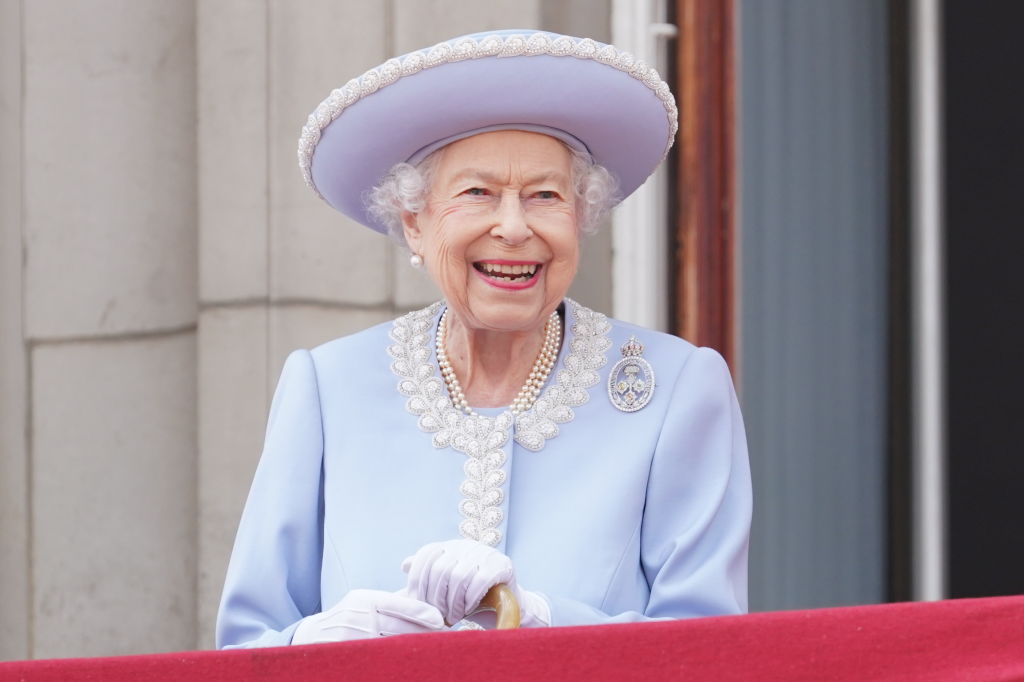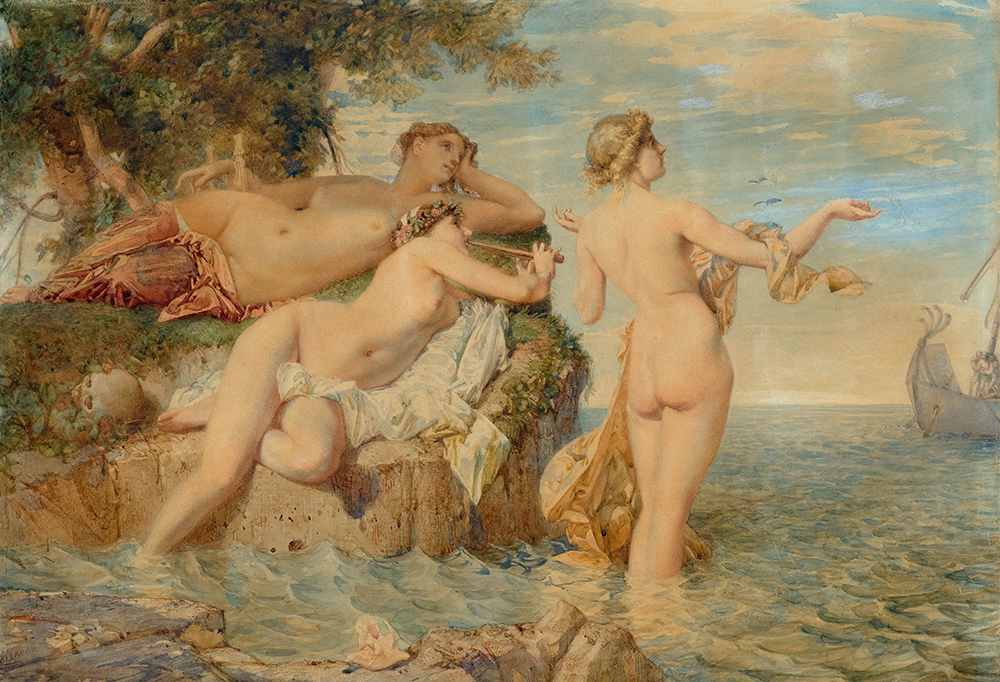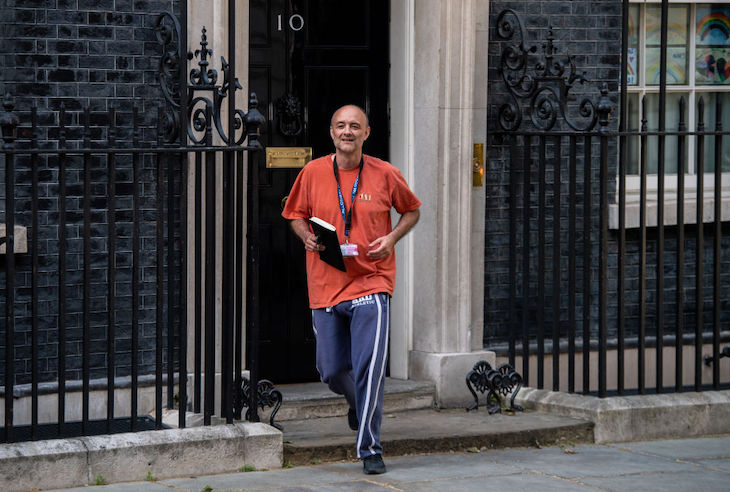After the public grief that greeted the death of the United Kingdom’s longest-serving monarch Elizabeth II a year ago today, it might be expected that there would be a similar display of commemoration to mark the first anniversary of her passing. Instead, the British royal family have let it be known that there will be no public event to remember her.
The King and Queen will hold a private family ceremony at Balmoral Castle, to which all the senior members of “the Firm” will be invited — save, perhaps inevitably, Prince Harry and Meghan Markle. The Prince and Princess of Wales will make an appearance in public, but are not expected to issue any kind of message or statement in explicit commemoration of the late monarch.
It is inevitable, and right, that there will eventually be a lavish memorial erected to Elizabeth II
At first glance, this lack of recognition for the late queen might seem almost callous. After all, not only was she her country’s most accomplished and consequential ruler, steering the monarchy and maintaining its integrity through scandal and discord, but she also occupies a unique place in public affection that her son, for all his accomplishments and intellect, has yet to match. She was, admittedly, lavishly mourned last year, but since then there has been all the pageantry of King Charles’s coronation, the continuing low-rent drama of her grandson and his wife and a pervasive sense of business as usual.
Yet there is established precedent for no great public show of commemoration. Neither the Queen’s father George VI nor her grandfather George V received any kind of memorial event or recognition the year after their deaths.
The Queen Victoria memorial, designed by the sculptor Sir Thomas Brock, was unveiled on the Mall a decade after her death, in 1911. This was mainly due to the time it took to commission and build a tribute to the late queen that was explicitly designed to be “monumental,” but also a tacit recognition that enough time had to pass between Victoria’s end and a full-scale public commemoration and celebration of her. By then, her son Edward VII’s reign had already come to an end, thanks to his own death in 1910, and so it fell to her grandson George V to inaugurate the memorial, talking of Queen Victoria and her popularity with the British public for a good half-hour — a speech that the then home secretary Winston Churchill was widely believed to have had some involvement with.
It is inevitable, and right, that there will eventually be a lavish memorial erected to Elizabeth II. It has been suggested that part of the Buckingham Palace gardens should be turned into a public space in memory of the late monarch, or that she should find a permanent monument on the fourth plinth in Trafalgar Square, alongside George IV and Generals Charles Napier and Henry Havelock.
Neither of these admirable schemes has so far been officially adopted. It seems most likely that, in a cash-strapped and politically uncertain country, no government is willing to commit huge amounts of taxpayers’ money to a memorial project until either the economy recovers or there is such overwhelming public outcry for recognition of this kind that it becomes obligatory.
Still, all eyes now turn to Charles III, and what, exactly, he would like for his mother. The new king has already ruled for longer than his great uncle Edward VIII, and while his reign has hardly thrilled his subjects so far, it has been steady, cautious and largely devoid of embarrassing incident.
The coronation was generally handled well, with an appropriate balance struck between recognizing the demands of a multicultural and diverse Britain and celebrating its traditional aspects. Added to this, the King has been a visible presence all around the country over the past year, often seeming a more energetic and charismatic presence than Rishi Sunak, despite being over three decades his senior.
Yet he knows that he will never reign for as long as Elizabeth, and is unlikely to preside over the seismic change that she oversaw. Were he to die in his early eighties, he would run the risk of being another Edward VII, an interim monarch who seems less consequential than either his mother or son.
Yet Charles has also learnt valuable lessons from the late Queen. The monarchy’s unofficial maxim is “never complain, never explain,” and given how interventionist he tried to be as Prince of Wales, there were immediate fears (or hopes, in some quarters) that he would seek to meddle constitutionally.
Although there are murmurings that he was instrumental in the defenestration of Liz Truss by publicly undermining her — he said at one of their supposedly private audiences “Back again? Dear oh dear” rather too publicly for comfort — it is likely that his true feelings about his ministers will only be known when any relevant papers are released. These are unlikely to enter the public domain until many years after his death, and, in all likelihood, many prime ministers later.
Historians and biographers have often thought that a book about the Queen’s relationship with her premiers would be fascinating; all have been defeated by the lack of material that exists. The weekly, hour-long meetings remain private, whatever Peter Morgan’s imagination suggests goes on in them.
Elizabeth’s legacy is a towering one, and will never be forgotten. It was not until her reign that Britain found a ruler who could equal Victoria for both majesty and impact, and so it may prove now. The new King and the current Prince of Wales may both struggle to define themselves against such an epochal monarch, whatever their intentions.
Therefore, the lack of a public memorial service for the late queen, a year on, can be seen both as diplomatic, but also as a tacit acknowledgement that she cannot — will not — be equaled, and that the royal family must continue as if it’s business as usual. Only time, and an increasing appetite for a proper Elizabethan memorial, will tell if this holding strategy can last.
This article was originally published on The Spectator’s UK website.

























